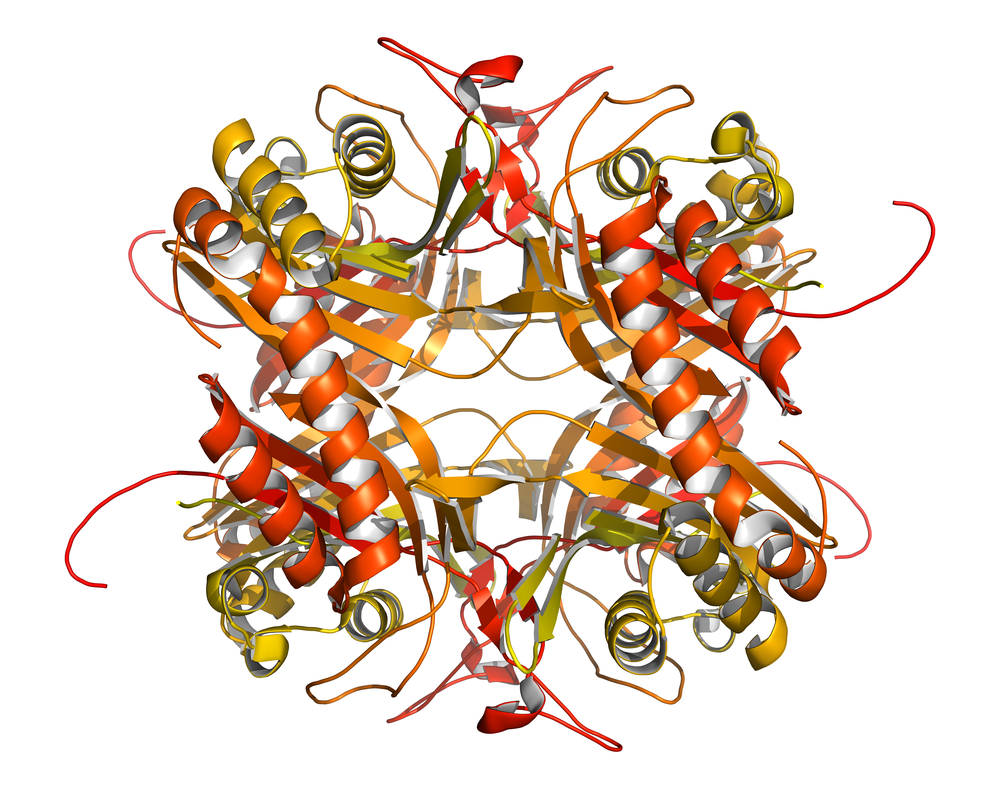ANK1 Expression Change May Cause Neuroinflammation

Expression of the protein ANK1 (ankyrin repeat domain-containing protein) is four fold higher in the microglia of patients with Alzheimer’s disease (AD). Microglia are a type of immune cell found in the brain and key regulators of the inflammatory cascade typified in early Alzheimer’s development.
ANK1 previously has been identified as a potential risk factor for the development of AD. Researchers at Arizona State University determined expression of ANK1 in three different types of brain cells, microglia, astrocytes, and neurons, using a technique called laser capture microdissection. These cells were obtained from the hippocampus part of the brain of patients with AD. The hippocampus is the area that is responsible for both short-term and long-term memory.
Results from this study were published in an article titled, “ANK1 is up-regulated in laser captured microglia in Alzheimer’s brain; the importance of addressing cellular heterogeneity,” in the journal PloS One.
The study showed that ANK1 expression in the hippocampus is significantly increased by four fold in the microglial cells, but not in the neurons or astrocytes from the same individuals.
“Although previous genetic and epigenetic-wide association studies had shown a significant association between ANK1 and AD, they were unable to identify the class of cells that may be responsible for such association because of the use of brain homogenates. Here, we provide evidence that microglia are the source of the previously observed differential expression patterns in the ANK1 gene in Alzheimer’s disease,” said Dr. Diego Mastroeni, Professor at Biodesign’s ASU-Banner Neurodegenerative Disease Research Center, and the study’s lead author in a press release.
Furthermore, researchers looked at ANK1 expression in the hippocampus of patients with Parkinson’s disease (PD) and found that similar to AD, ANK1 is significantly upregulated in the hippocampus microglia of PD patients. These results suggest that changes in levels of ANK1 is not disease specific but may actually be a phenotype that is associated with neurodegeneration or neuroinflammation.
The authors of this study emphasize that it is important to stratify gene expression according to the types of cells rather than entire brain homogenate samples.
“These findings emphasize that expression analysis of defined classes of cells is required to understand what genes and pathways are dysregulated in Alzheimer’s,” said Dr. Winnie Liang, an Assistant Professor, Director of TGen Scientific Operations and Director of TGen’s Collaborative Sequencing Center.
Through laser capture microdissection, these researchers were able to prove that there is increased expression of ANK1 in AD microglial cells, its function, however, has yet to be elucidated. Further research is required to determine this function.






